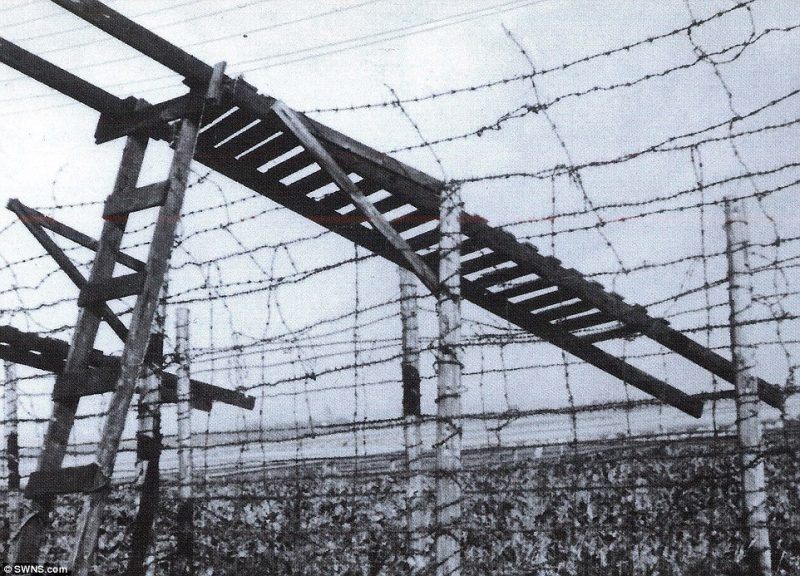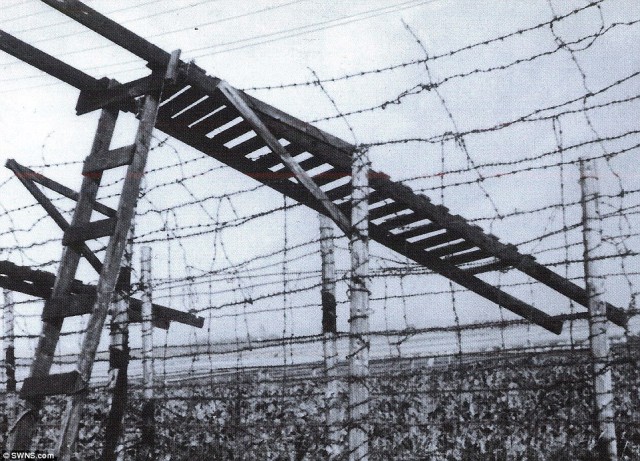Movies, books and articles have told the numerous escape attempts by POWs during World War Two. Now for the first time a new book by historian, Mark Felton, tells the story of not a tunnel escape, but an escape attempt that took escapees up-and-over the prison’s barbed wire fencing.
Tunnelling escape attempts were rife during World War Two, as depicted in Hollywood’s ‘The Great Escape’. However ‘Zero Night: The Untold Story of World War Two’s Most Daring Escape’ reveals the unusual and courageous actions of officers held prisoner at Oflag VI-B POW camp, also known as Operation Olympia.
Oflag VI-B in Germany’s northeast, was the Nazi’s POW camp for officers of the Allied forces and was opened in 1940. The officers held prisoner had made several attempts at escaping including tunnels and even dressing up as German officers.
Lieutenant Jock Hamilton-Baillie was a serial escapee, and with so many unsuccessful attempts to escape the prison, he conceptualised the idea to build giant ladders made of wooden bed slats that would scale the perimeter barbed wire fencing of the prison camp.Major Tom Stallard and RAF pilot Douglas Bader, among others, pulled together to help Hamilton-Baillie plan and execute Operation Olympia.
In total, forty officers were involved from all over the world including, the UK, Australia, New Zealand and South Africa. They spent months building large wooden ladders, which were built and hidden in the camp’s music hall. This was the perfect cover, as their inmates continued with their regular noisy music and choir practice. As the ladders got bigger they were even used as bookshelves to disguise their true shape and appearance.
On the evening of 30th August 1942, the prison’s floodlights were fused by the escapees and 26 POWs used the ladders to go ‘up-and-over’ and out of the camp unnoticed by the prison’s Nazi officers. Unfortunately of all those who initially escaped, only three British officers made it all the way back to the UK. The rest were captured and returned to the prison and eventually transferred to other camps around Germany, the New Zealand Herald reports.
The camp was said to be extremely overcrowded, but officers made the most of it by setting up their own camp administration and creating their own community organisations and events such as sports, lessons in languages and other subjects, acting/theatre and a well-used library.
The new book by Mark Felton is now available: Zero Night: The Untold Story of World War Two’s Most Daring Escape

